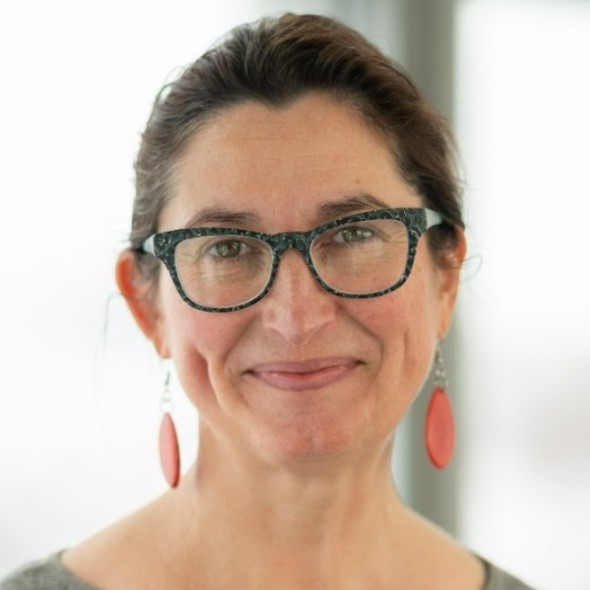Make a difference by supporting innovative research that will drive the next generation of patient care in our laboratories and clinics.
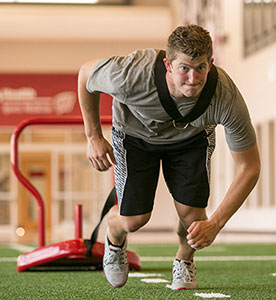
Scientists, physicians, and research staff at the University of Wisconsin Department of Orthopedics and Rehabilitation are constantly exploring new ways to treat orthopedic conditions that prevent people of all ages from living an active life.
The Freedom of Movement Fund supports basic science, clinical, and translational research efforts in many areas. Right now, our research priorities focus on stem cell and regenerative medicine, sports-related concussion management and prevention, the effects of sports specificity on injury rate, biomechanical analysis, and osteoporosis prevention.
The descriptions below provide a glimpse into each area.
Learn about the studies we’ve funded so far.
2023
____
CORRECTING LIMB LENGTH DISCREPANCY IN CHILDREN
“Microwave Ablation (MWA) of the Porcine Distal Femoral Growth Plate as a Means to Correct Limb Length Discrepancy (LLD) in Children”
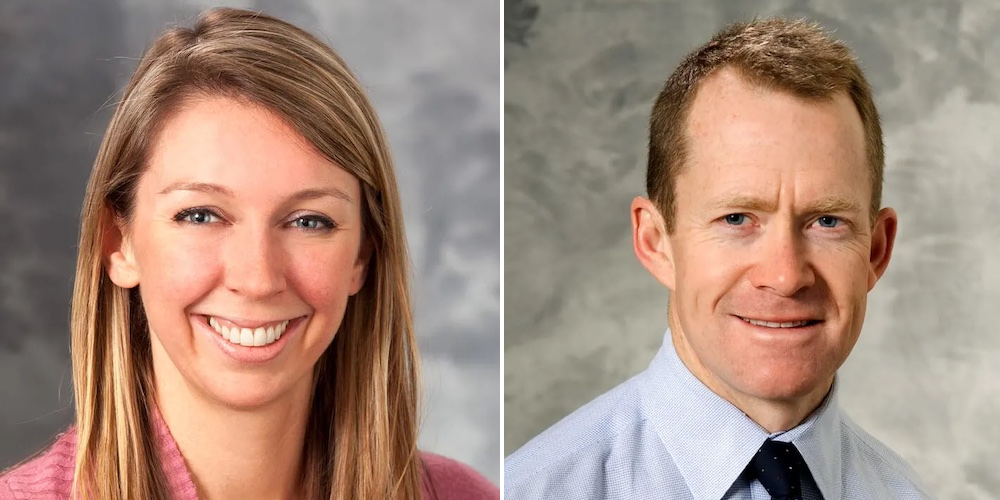
Principal Investigators:
Laura Belaire, MD
Kenneth J. Noonan, MD MHCDS
Co-Investigators:
Ellen Leiferman, DVM
Christopher Brace, PhD
Darya Beuhler, MD
Funding Amount: $50,000.00
Study Background
Small differences in leg lengths affect roughly 23% of the world’s population, children with moderate (3-5 cm) limb length discrepancy (LLD) are often treated with surgical ablation of the growth plates of the tibia and femur. Current methods of arrest in these growth plates are performed with drills and mechanical scraping which is painful, and most children require crutches and 6 weeks of activity modification with or without physical therapy. This procedure is highly user dependent, and complications are not infrequent.
The purpose of this Freedom of Movement Grant is to expand our microwave ablation experience to the femur and thus prove indications and methods in the more powerful femoral growth plate and as a result improve our chance for federal funding.
FACTORS AFFECTING CARTILAGE HEALTH IN FORMER COLLEGE ATHLETES POST ACLR
” Identifying Factors Associated with Early Signs of Osteoarthritis in Former Collegiate Athletes after Anterior Cruciate Ligament Reconstruction”
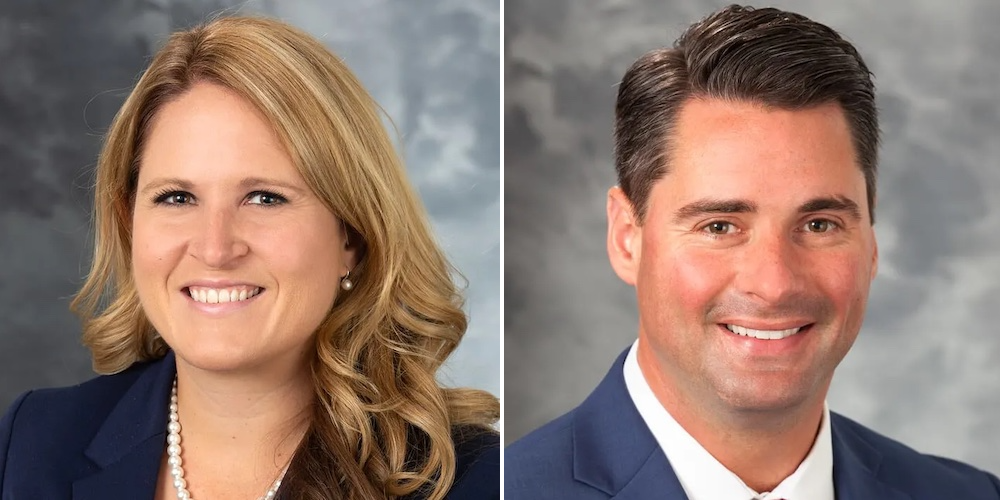
Principal Investigators:
Molly Day, MD
Brian Nickel, MD
Co-Investigators:
Bryan C. Heiderscheit, PT, PhD, FAPTA
Keith A. Knurr, DPT, SCS
Ken Lee, MD, MBA
Rianne van der Heijden, MD, PhD
Funding Amount: $50,000.00
Study Background
The objective of the research is to assess the impact ACLR in former collegiate athletes has on between limb symmetry of bone mineral density (BMD), muscle volume, neuromuscular performance, knee biomechanics (walking, running, and jumping), and cartilage health, and if they report different levels of physical activity and quality of life compared to uninjured counterparts. In addition, we plan to identify if BMD, muscle volume, neuromuscular performance, knee biomechanics, physical activity levels, and quality of life are associated with cartilage health in former collegiate athletes post-ACLR.
Previously Funded Research
________
LIGAMENT DYSFUNCTION IN THE OSTEOARTHRITIC KNEE
“Determination of Mechanical and Sensory Dysfunction of Ligaments in the Osteoarthritic Knee”
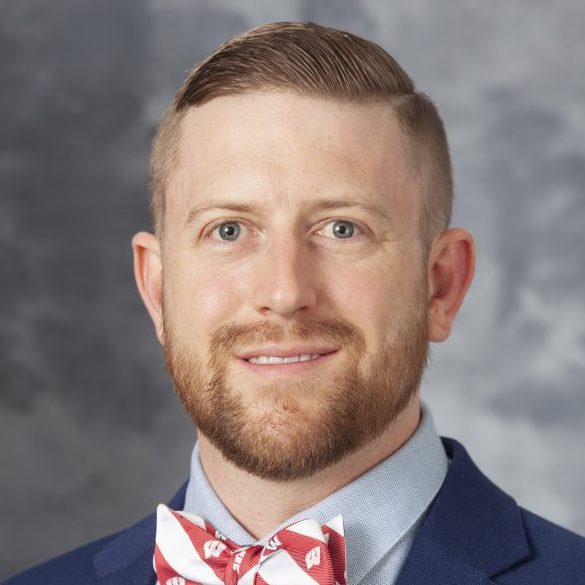
Principal Investigator:
Joshua D. Roth, PhD
Co-Investigators:
Brian Walczak, DO, PhD
Lesley Arant, MS
Funding Amount: $49,539.00
Study Background
Despite acknowledgment that osteoarthritis impacts the entire knee, much of the research on osteoarthritic (OA) changes in the tissues of the knee has focused on the articular cartilage and subchondral bone. Because ligaments play a critical role in maintaining knee health, disruptions in their function likely drive poor knee mechanics that accelerate the degradation of other joint tissues.
Our expected outcome is to establish that OA-induced ligament dysfunction progresses with OA disease progression. If this is demonstrated, personalized treatments accounting for this ligament dysfunction should allow clinicians to restore more normal knee mechanics across OA-severities. In turn, this should slow osteoarthritis progression, creating a more normal mechanical environment for reparative and regenerative treatment.
IMPACTS OF MINDFULNESS TRAINING AFTER ACL INJURY
“The Influence of Mindfulness on Patient-Reported Outcomes and Readiness to Return to Sport Following Anterior Cruciate Ligament Reconstruction Surgery”
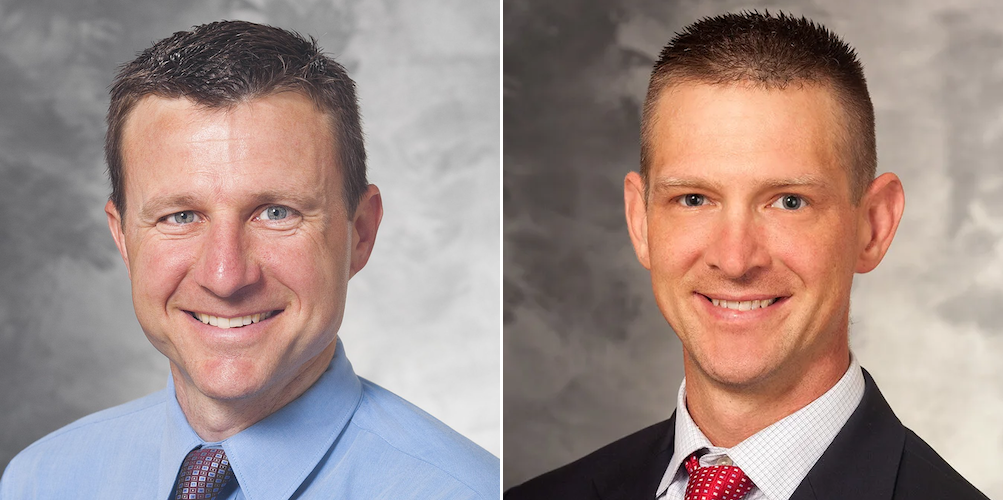 Principal Investigators:
Principal Investigators:
Drew Watson, MD, MSBrian Walczak, DO, PhD
Co-Investigators:
M. Alison Brooks, MD, MPH
Richard Davidson, PhD
Claudia Reardon, MD
Funding Amount: $48,887.00
Study Background
Anterior cruciate ligament (ACL) injuries remain an unfortunately common, serious issue among adolescents, with significant long-term impacts on well-being. Despite considerable prior research in this area, ACL reconstruction surgery continues to be complicated by sub-optimal rates of return to sport and significant psychological distress. Athletes report prolonged fear of re-injury, post-traumatic stress symptoms, and other mental health challenges as they work to return to prior level of activity.
The goal of this research is to evaluate the efficacy of mindfulness training to improve short-term outcomes following ACL reconstruction, as well as the factors that influence both efficacy and participant compliance.
UNDERSTANDING FACTORS THAT LEAD TO INJURY IN YOUTH RUNNERS
“Evaluating the Impact of Training Volume, Sleep, and Well-Being on Injury Risk in Youth Runners”
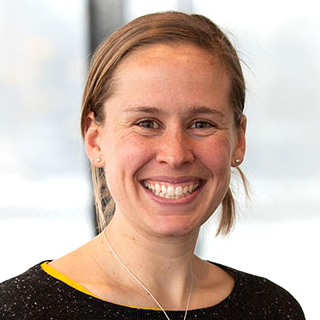 Principal Investigator:
Principal Investigator:
Stephanie Kliethermes
Co-investigators:
M. Alison Brooks
Bryan C. Heiderscheit
Mikel R. Joachim
Timothy McGuine
Funding Amount: $49,910
Study Background
Youth participation in cross country has increased significantly over the past several years, resulting in parents, coaches, and medical professionals calling for evidence-based guidelines regarding safe running mileage for youth runners. This study will enroll 450 male and female high school cross country runners in nine schools across Wisconsin. It will look to determine the effect of running volume, sleep duration and quality, and stress and fatigue on running-related injuries among high school cross country runners.
COMPLICATIONS AFTER SHOULDER SURGERY
“Efficacy of Blue Light Therapy In Reducing Cutibacterium Acnes Bioburden at the Deltopectoral Interval”
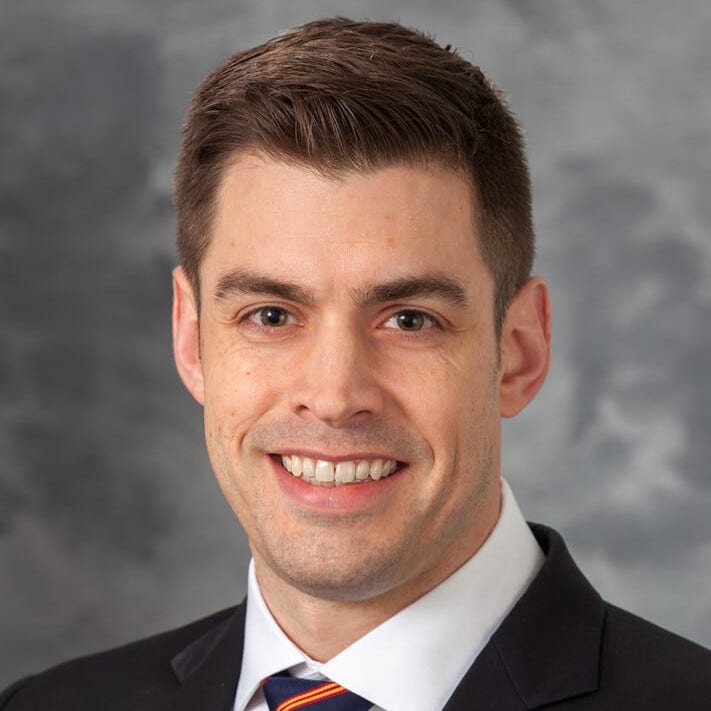 Principal Investigator:
Principal Investigator:
Brian F. Grogan (PI),
Co-Investigators:
Eric J. Cotter
Lisa M. Cotter
Elliot Baker Franczek
Nathan Purman-Buehler
Lisa Arkin
Funding Amount: $24,251
Study Background
Surgical site infection can be a devastating complication of shoulder surgery, particularly arthroplasty surgery. It leads to pain, future surgeries, and significant health care costs.
In revision shoulder arthroplasty cases, Cutibacterium acnes has been identified as one of the most common pathogens causing infection. Blue light therapy has been shown to help kill Cutibacterium in other environments.
The goal of this study is to determine the clinical effectiveness of adding blue light therapy to current prophylactic strategies in reducing postoperative infections.
SLOWING OR PREVENTING THE PROGRESSION OF HIP OSTEOARTHRITIS
“Cellular and Molecular Factors Involved in Hip Preservation”
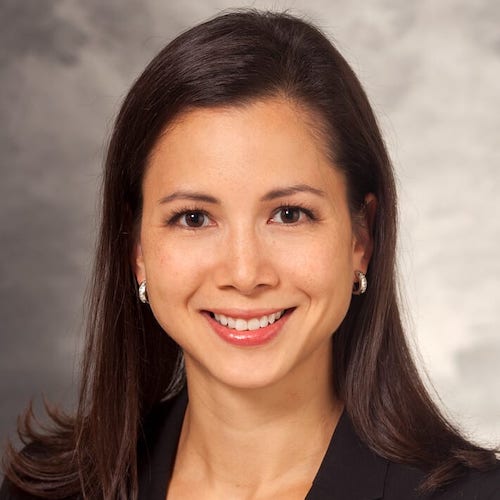
Principal Investigator:
Andrea Spiker
Co-Investigators:
Connie S. Chamberlain
Ray Vanderby
Funding Amount: $49,000
Study Background
One of the leading causes of hip osteoarthritis (OA) is femoroacetabular impingement (FAI). FAI occurs when excess bone formation on the femoral neck or acetabulum results in labral injury and cartilage degeneration. The primary goal of this study is to understand how we can slow the progression of hip osteoarthritis normally associated with FAI occurrence, improve post-surgical patient outcomes, and delay symptomatic recurrence.
This research will correlate — for the first time — clinical and biological profiles of FAI with patient- and gender-specific outcomes after hip arthroscopy.
USING REGENERATIVE MEDICINE TO HEAL BONE AFTER TRAUMA OR TUMOR REMOVAL
“Removal mRNA-activated Autologous Scaffolds for the Treatment of Critical-Size Bone Defects”
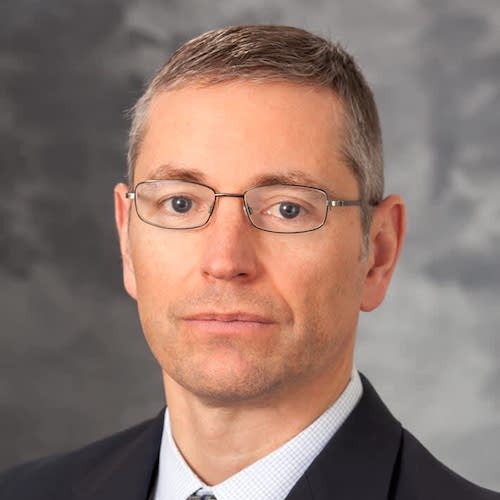 Principal Investigator:
Principal Investigator:
Chris Doro
Co-Investigators:
Gianluca Fontana
Bill Murphy
Ellen Leiferman
Funding Amount: $50,000
Study Background
Every year, more than two million bone-grafting procedures are performed worldwide due to trauma or bone loss from tumor removal. Injured bone tissue can regrow and heal, but when there are large areas of bone loss, the chance of regrowth and spontaneous healing is greatly reduced.
Dr. Doro and his team are developing and studying a regenerative medicine process that uses a scaffold across a large bone defect that allows bone cells to grow.
REGROWING HUMAN CELLS TO TREAT OSTEOARTHRITIS
“Human Mesenchymal Stem Cells as a Treatment for Osteoarthritis”
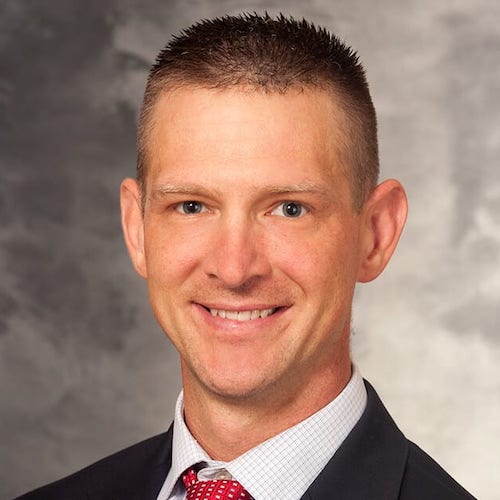
Principal Investigator:
Brian Walczak (PI)
Co-investigators:
Wan-Ju Li (PI)
Scott Hetzel
Hongli Jiao
Funding Amount: $43,665
Study Background
Osteoarthritis affects over 32.5 million adults in the United States. Stem cells hold promise for treating degenerative diseases that otherwise cannot be effectively treated by current medical solutions. However, increasing evidence suggests that stem cell properties and their therapeutic outcomes are largely dependent on the donor’s age and physiological condition.
This project aims to determine the effectiveness of reprogrammed mesenchymal stem cells (MSCs)—or cells that can differentiate into a variety of cell types such as bone, cartilage or muscle—to rejuvenate cells for use as a treatment for osteoarthritis.
![]()
Life Changing Support
We need your support to continue the innovative research that’s led the Department of Orthopedics and Rehabilitation at the University of Wisconsin School of Medicine and Public Health to become a world leader in research, education, and patient care.
You can impact countless lives. Please consider helping us create the future of orthopedics and rehabilitation at the University of Wisconsin.
Explore more opportunities for giving…
In addition to The Freedom of Movement Fund, we have many other areas of need you may want to support. We are ready to work with you to individualize your gift toward your greatest area of interest.
